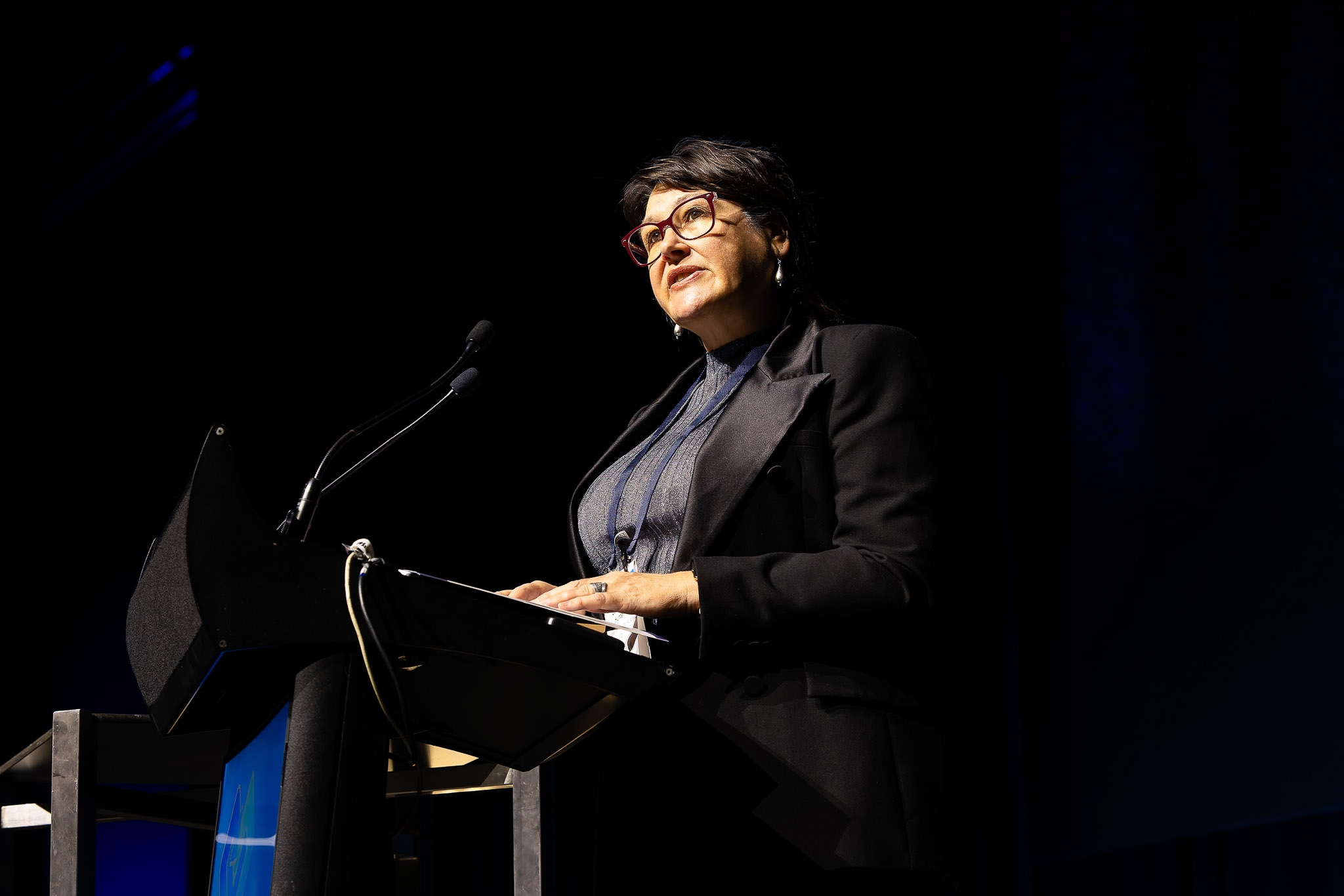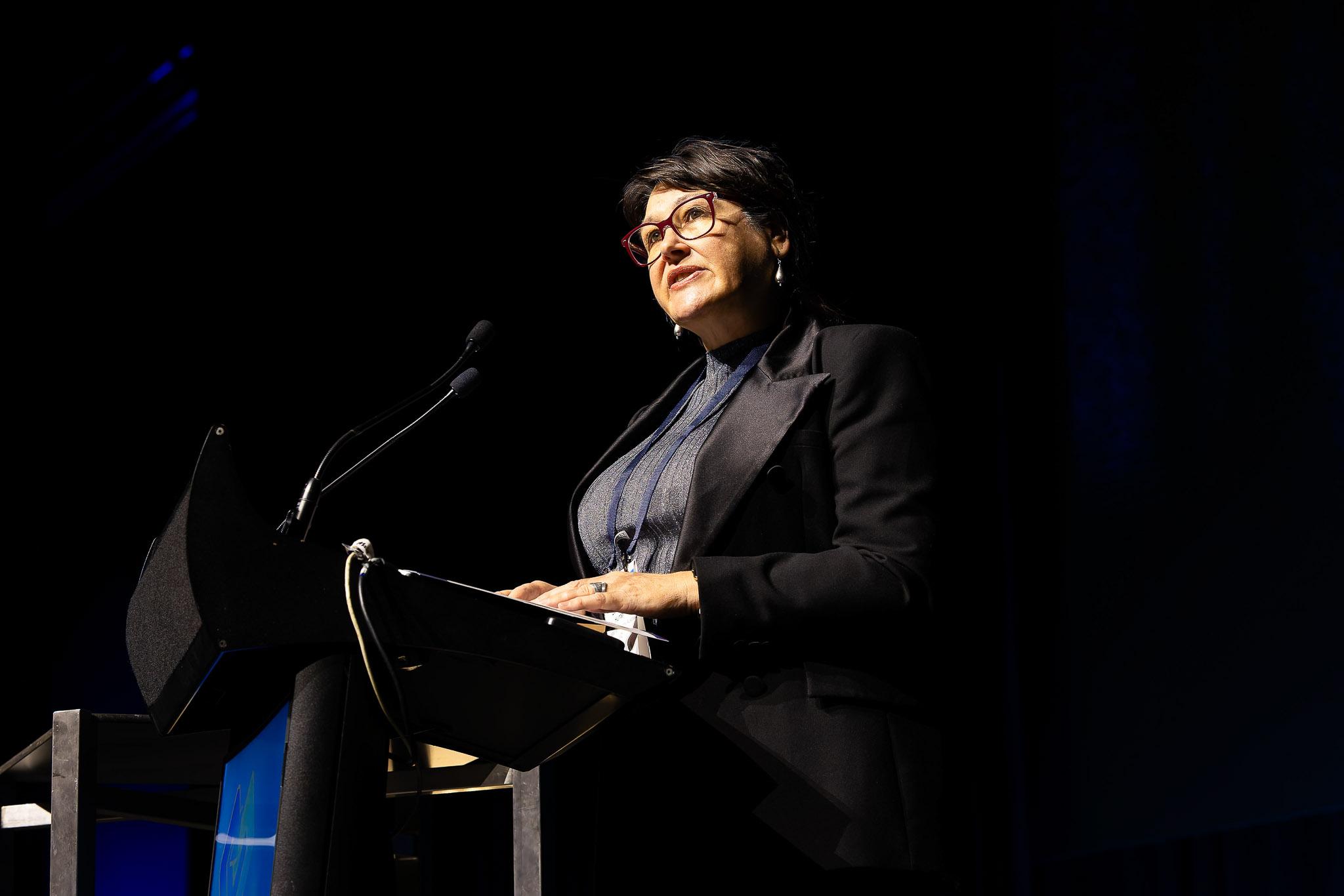
Published: Wednesday 26 March 2025
The Treasurer delivered the Federal Budget last night, Tuesday 25 March. Overview documents and budget papers are available here: https://budget.gov.au
Below is an analysis of the Budget that is relevant to Occupational Therapy. Read OTA’s media release, available here.
As anticipated, this was a shorter, more targeted budget. Just three weeks ago the Government had been expected to announce an election and forego a Federal Budget until after the next election.
Broadly, the big spending is in cost-of-living relief through payments on Australian’s energy bills, tax cuts and a significant spend of almost $8 billion in the health sector to drive an increase in bulk billing for GPs, and investment in assistance for Australians to buy their first home.
Workforce
The Government announced a $662.6 million investment in the health workforce to strengthen Medicare, including expanded Commonwealth Supported Places for general practitioners and additional scholarships for nurses and midwives.
OTA is extremely disappointed that no funding has been allocated to occupational therapists or other registered allied health professionals, despite repeated calls for investment from the sector and persistent workforce shortages. This omission is at odds with the recommendations of the Unleashing the Potential of our Health Workforce – Scope of Practice Review, which explicitly called for a funded supervision program to improve access to clinical placements and early career support for allied health professionals, particularly in private practice.
For early graduates, these is good news for those with HECS debts, with the announcement that government will waive 20% of outstanding debt each year up until 2028.
OTA has also strongly advocated for expanded access to the Commonwealth Practice Payment program to provide subsidies for occupational therapy students undertaking practical placements—an initiative that remains unfunded in this Budget.
Veterans
Despite the release of the Royal Commission into Defence and Veteran Suicide’s final report last year, additional spending in the veteran's portfolio is significantly lower than expected. The budget committed $11.9 million in 2025–26 for various programs including extensions for the Defence Kids Program, Veterans’ Chaplaincy Pilot Program and Prime Minister’s Veterans’ Employment. They also announced a $3.3 million grant for Invictus Australia and $1 million to extend the Volunteer Training in Suicide Recognition and Intervention program for one year to 30 June 2026. Government will also extend the Military and Veteran Psychiatry Training Program for one year to 30 June 2026 through existing funds.
Government also committed an additional $47.6 million in 2025–26 to address the increased demand for services resulting from the higher volume of determined veterans’ claims—following the boost to the DVA claims workforce in the previous Budget. This funding includes additional resourcing for the Veterans’ Access Network, Veteran Support Officers, complex case management, information access, and mental health support.
Government has also increased funding for the DVA agency, to $16.9 billion, an increase of $3 billion from the previous year.
Disability/NDIS
Government announced a major investment in the National Disability Insurance Agency (NDIA) last December via the Mid-Year Economic and Fiscal Outlook with more than $280 million committed to implement new support needs assessments and an assessor workforce.
This budget provides the NDIA with additional funding of $175.4 million over four years from 2025–26 (and $43.8 million per year ongoing) for additional fraud detection and enforcement measures and supplementary funding for the NDIS Appeals Program.
The NDIA also received an additional $3 billion in funding this year, with total funding of $51.8 billion in 2025-26. Budget papers show that NDIS spending growth is currently just over 10 per cent a year, down from 22 per cent in 2022, but below government’s target growth rate of 8% which government hopes to reach by June 2026. OTA is concerned about any growth reduction that sees people with significant disability needs denied access to critical supports.
Government also signalled its intention to begin the rollout of Foundational Supports, as recommended by the NDIS Independent Review. The Budget includes $364.5 million over five years from 2024–25 (and $150.0 million per year ongoing) to redesign the Information, Linkages and Capacity Building program to provide general supports for people with disability and their families, carers, and kin. The budget papers noted that these supports will complement additional foundational supports to be co‑funded with states and territories.
As this announcement only refer to ‘redesign’ it is unclear what the full scope of services will look like. Despite calls from OTA and the disability sector for transitional funding for people who are having NDIA eligibility access revoked, no additional immediate funding was announced for temporary supports while Foundational Supports are designed and commissioned.
OTA welcomes the announcement of $42.2 million over five years from 2024–25 (and an additional $0.1 million from 2029–30 to 2031–32) to deliver the National Autism Strategy and implement the Strategy’s First Action Plan.
Primary Health
Government announced $74.9 million over four years from 2025–26 (and $29.1 million per year ongoing) for severe speech and language disorders to be added to the eligible disabilities under the Medicare Benefits Schedule (MBS) item group for complex neurodevelopmental disorder and disability services. This will expand the number of Australians who can access an OT under this Medicare subsidised program – but there are no changes to Medicare rebate rates or program annual limits, which remain high on OTA’s advocacy agenda.
The budget included $7.9 billion to provide more bulk billing, with an expansion to of the incentive to cover all Australians from 1 November 2025. Government estimates this will enable an additional 15 million individuals to be bulk billed when visiting their GP for the most common services, with nine out of 10 GP visits expected to be bulk billed by 2030.
Government is also establishing the Bulk Billing Practice Incentive Program to incentivise general practices to become fully bulk billing practices. Combined with expanded bulk billing incentives, this program is expected to boost the number of fully bulk billed practices to around 4,800 nationally by 2028–29.
The budget also invests $657.9 million over three years to expand Urgent care clinics, taking the number of clinics from 87 up to 137. Both these reforms are a significant structural investment that will enable more people to see a doctor. OTA is disappointed that there is not commensurate investment in access to allied health through general practice incentive programs to enable more multidisciplinary team care.
Aged Care
The Government will invest $291.6 million over five years from 2024–25 (plus $12.7 million in 2029–30) to continue aged care reforms and implement recommendations from the Royal Commission into Aged Care Quality and Safety.
Key allocations include $116.1 million for the Aged Care Quality and Safety Commission to support regulatory functions under the new Aged Care Act 2024, $53.2 million to implement the Single Assessment System and support digital rollout of the Act, $47.6 million (plus $12.7 million in 2029–30) to help First Nations organisations deliver culturally appropriate aged care assessments, $37.8 million for the Commission’s role in the digital transition, $24.4 million for additional Commonwealth Home Support Programme assessments, $5.7 million for the National Centre for Monitoring Dementia, $3.6 million to evaluate and engage stakeholders on the Aged Care Quality Standards, $2.4 million to extend the Care Together Program across aged, disability and veterans’ care, and $0.7 million to support the remote aged care workforce through Uniting Care.
Government also announced $17.7 billion to support award wage increases for aged care workers, including $2.6 billion to deliver another pay rise for aged care nurses.
As one of the most in-demand allied health professions, OTA calls out the oversights in this year’s budget with the absence of an explicit reference to the lack of implementation of the recommendations made by the Royal Commission into Aged Care Quality and Safety to improve allied health services in aged care.
Mental Health
Disappointingly there was very limited additional spending on specific mental health programs and supports, despite the impact of natural disasters, increased cost of living, global events, and the growing burden of mental illness in Australia.
There was no commitment of future funding for the Commonwealth Psychosocial Support Program – previous budgets have committed funding for this program up to 30 June 2027. This budget provides no further certainty on this vital program, which recent government analysis has shown is not meeting the significant community demand for services. Given the lack of detail announced for Foundational Supports or any other dedicated program, this is concerning for Australians living with psychosocial disability who do not have access to services under the NDIS.
Government will provide additional funding of $46.0 million over four years from 2024–25 to continue digital mental health services, but digital systems cannot replace a face-to-face workforce.
There is a very small concession of time limited mental health programs including $3.2 million in 2025–26 to extend targeted mental health support for emergency service workers, and $1.6 million over two years from 2024–25 to provide mental health supports and services for Australians impacted by the conflict in the Middle East.
Under the Closing the Gap commitments, government will invest $24.7 million over four years from 2025–26 to improve access to culturally safe and qualified mental health support including scholarships for up to 150 First Nations psychology students to boost the First Nations health care workforce, which is a pleasing step in support for allied health in this portfolio.
Advocate Ahead of the 2025 Federal Election
The 2025 Federal Budget underscores the need for strong, coordinated advocacy in the lead-up to the Federal Election. OTA will continue to represent the interests of the occupational therapy profession—and we invite you to join us.
Explore OTA’s Federal Election Advocacy Toolkit and take action today.
The toolkit is available on our website: https://otaus.com.au/ota-2025-federal-election-toolkit





